The contraction of globalisation
The thought of globalisation as an inherent good of modern life is fracturing. That is not to say that globalisation itself is collapsing—global supply chains, transnational movement and cultural exchange are here to stay. It is to say, however, the rosy-eyed confidence in globalisation—which has been promoted in high culture for decades—is dissolving in the minds of citizens across the world. The effects on life as we know it are likely to be seismic.
In 2000 the International Monetary Fund identified four core tenets of globalisation: the migration and movement of people, capital and investment expansion, trade and transactions and the proliferation of knowledge. These forces were not only good but an inevitable stage of human development. Debating globalisation was akin to debating whether autumn should follow summer, said Tony Blair. Interconnectivity would unite disparate peoples in mutual understanding and friendship—it was the antidote to parochial localism. This narrative consolidated amongst academics, economists and politicians throughout the 1990s and 2000s.
But a series of seismic forces have arrested this project in recent years. They’ve exposed its blind spots and prompted us to rethink our certainty in globalisation. Now with Covid-19 ravaging civil societies, our ability to connect—in all its forms—faces its most significant challenge yet. We are about to find out how robust it really is.
The kindling of broad discontent with globalisation may be traced to the 2008 financial crash. Deep frustration was sown in Western polities as working people were short-changed by a system that claimed their livelihoods over those responsible. But then we entered a period of relative hush when things trucked along and individuals got back on their feet. New cultural norms emerged and were begrudgingly tolerated. You couldn’t say ‘Islamic terrorism’, questioning immigration policy was racist and Hollywood became abnormally irritating. But things weren’t too bad.
It wasn’t until 2016 when millions of refugees began flooding Europe that the gulf between political elites and the average Joe crystallised. Without consultation, the governments of Europe welcomed foreign nationals en masse into their societies—mostly young men that went unvetted and of whom 60 per cent had as much right to be in Europe as anyone else, according to the Vice-President of the European Commission. This flow, however, was merely the summit of a mass-migration trend that had persisted for decades.
In response, restrictionist nationalist sentiment rose from Britain to Hungary, from Sweden to Spain. Europe’s Schengen pact broke down as states, one after the other, unilaterally shut their borders. Even in Australia, a country far removed from the crisis, One Nation surged. Following the Front Nationale’s success in the 2017 first-round French presidential elections, Marine Le Pen swore to ‘defend the French nation’ against ‘rampant globalisation that is endangering our civilisation.’ This snowball gathered across the West as citizens turned inward and said their people came before the diktats of faceless transnational bureaucrats.
Around this time it also quickly became apparent that someone in a mud-brick house in Iraq could order a stabbing-suicide mission in central London in a matter of minutes. Repeated terror attacks—some of which, including the November 2015 Paris massacre, were traced to refugee intakes—amplified distrust in free movement. According to Barack Obama, a terrorist screaming ‘Allahu Akbar’ had less to do with Islam than any other religion. If the political class won’t name the problem, people said, perhaps we should shut the borders.
All the while identity crises were bubbling up in Western polities. What did it mean to be French or Dutch, Australian or American? Was the nation just a conglomeration of peoples that lived and worked together but otherwise shared little in common? Or a precious organism, rich in tradition, that required nourishment and careful management?
These questions have been the subject of many books in recent years, but like everything else at this moment in time, their importance has been usurped by the coronavirus pandemic. In 2017 attendees at the World Economic Forum in Davos fretted about the impact of Trump and Brexit on globalisation. Covid-19 laughs in their faces.
Notably, Covid-19 has made us question where our products come from. China is the primary exporter of drugs to most advanced Western democracies, with over 90 per cent of Australia’s drugs coming from overseas. A recent report found Australia ought develop ‘some level of sovereign capability’ to safeguard its national security. While most countries maintain emergency drug supplies, offshore production not only risks patients’ livelihoods but places strategic power in the hands of potential adversaries. Covid-19 has pushed states to reconsider their respective arrangements of national security and trade.
The effects of this crisis are yet to wholly manifest, but what has quickly become apparent is the urgency with which we retreat to the nation when the chips are down.
Threat creates an appetite for core strength. ‘Social fabric’ moves from a banal conservative adage to a fundamental commodity, on par with toilet paper and hand sanitiser. Religious communities, work associations and family provide immediate support, while the nation hovers above—a bulwark against generalised dislocation. Its macro-unifying properties have been called upon during war, financial collapse and natural disaster. This may be its greatest test yet.
While it is both fanciful and eminently undesirable for international supply chains to be untangled, unravelling the default assumption of globalisation as a self-evident good, as has been widely promulgated for decades, is well under way. This latest crisis may well be a cosmic jolt, the consequences of which we now brace for.
Got something to add? Join the discussion and comment below.
Get 10 issues for just $10
Subscribe to The Spectator Australia today for the next 10 magazine issues, plus full online access, for just $10.
You might disagree with half of it, but you’ll enjoy reading all of it. Try your first month for free, then just $2 a week for the remainder of your first year.

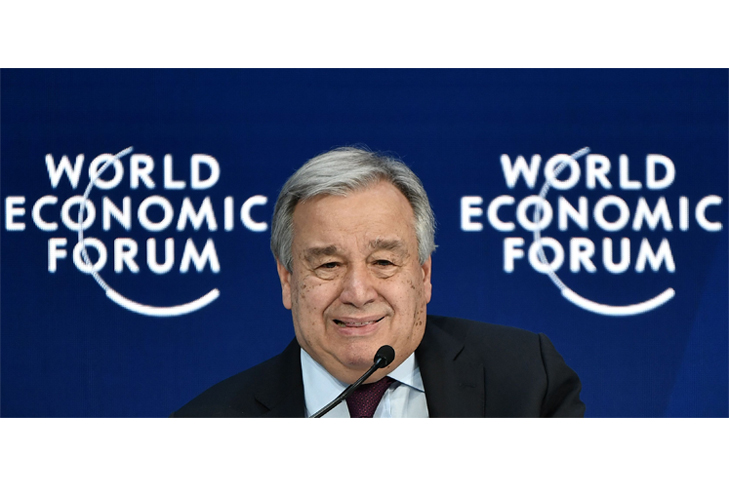
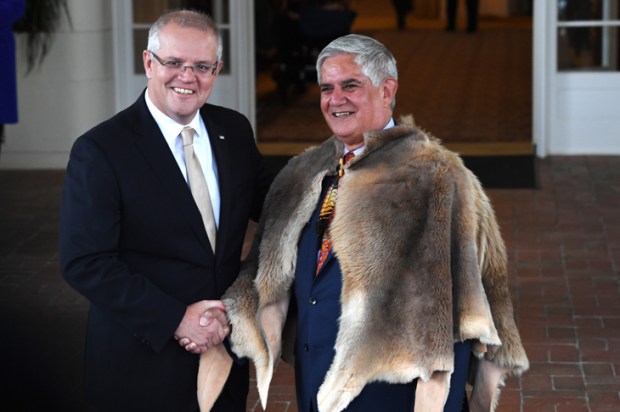
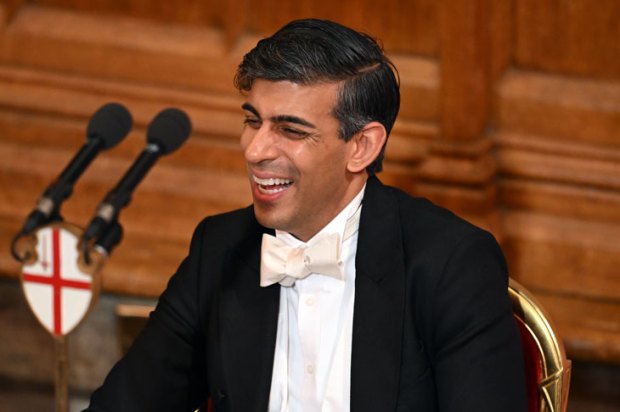
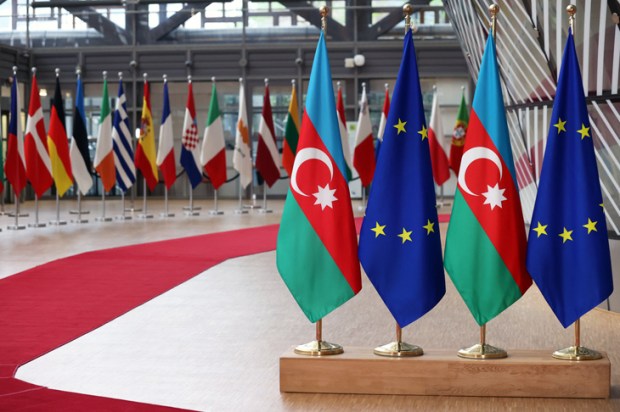
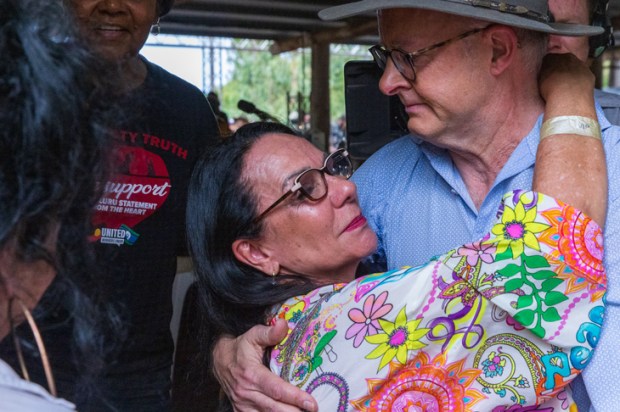
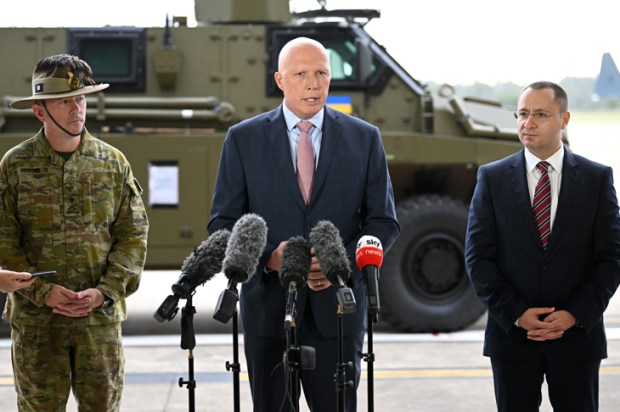
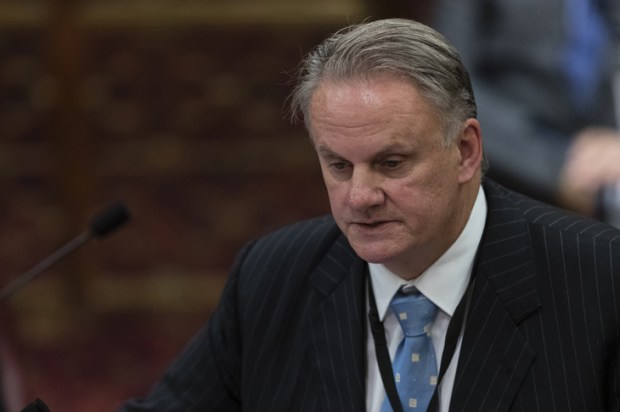






Comments
Don't miss out
Join the conversation with other Spectator Australia readers. Subscribe to leave a comment.
SUBSCRIBEAlready a subscriber? Log in